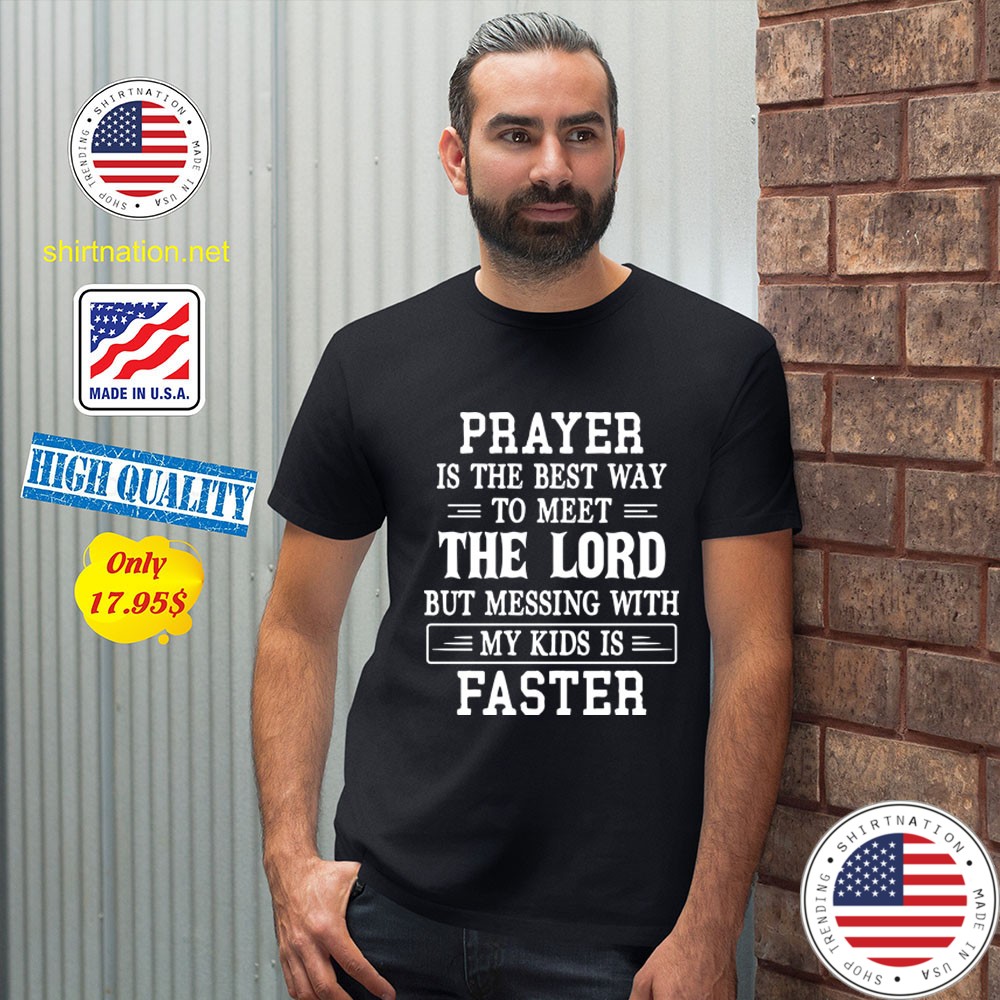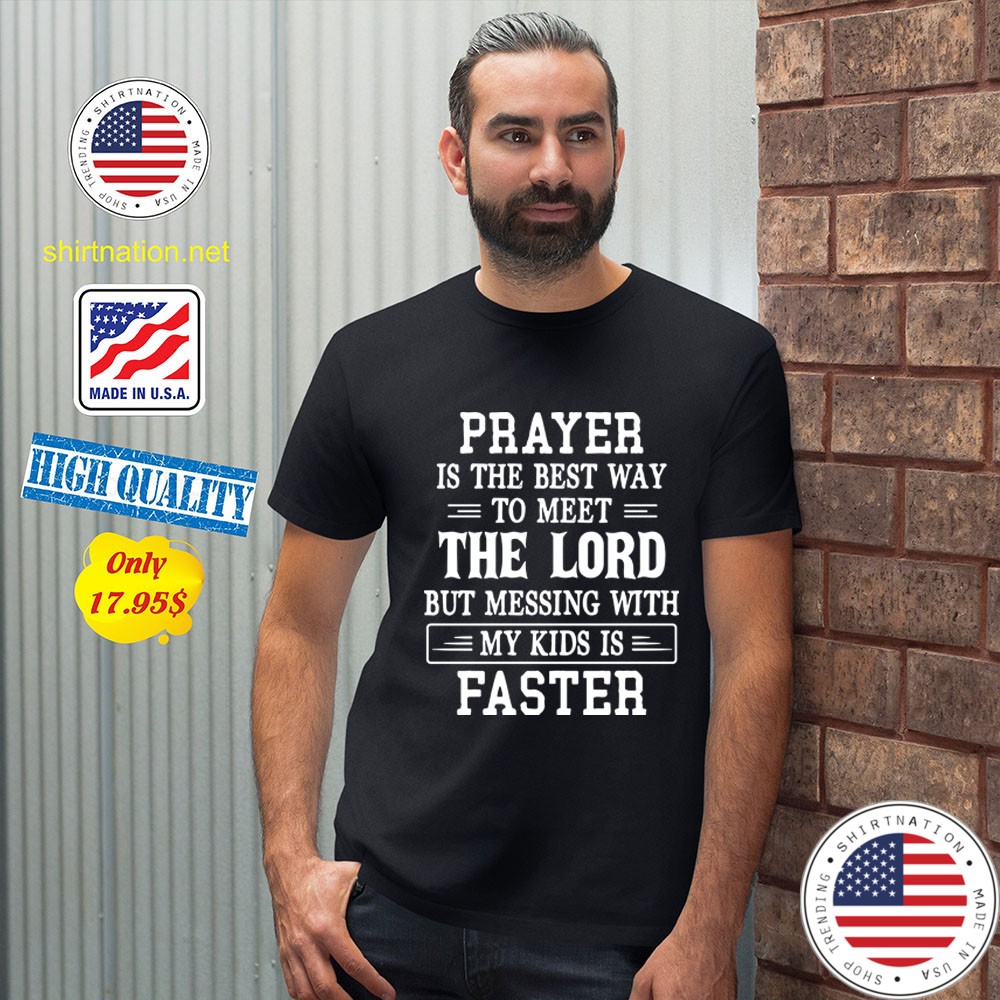I prefer dangerous freedom over peaceful slavery Thomas jefferson Shirt
A related issue is how to teach these disciplines collectively, integrating them as a coherent field of study, while simultaneously preserving the integrity of the various domains. The enormity of this challenge – providing both breadth and depth in numerous disciplines – can be intimidating and discouraging. The social studies teacher educator faces a related challenge: What liberal and specialized education prepares future teachers to teach a broad sweep of topics that they cannot possibly master in deep ways?Moreover, the inherently controversial nature of many topics and concepts related to the social studies – for instance, equality, liberty, diversity, war, human rights, racism, or terrorism – can be a lightening rod for often heated debates. Whose history gets told, who benefits from what economic trend, who has what kinds of rights, where boundaries are located, and who has jurisdiction over whom – these are a handful of issues that social studies teachers confront on a regular basis. There are two related special challenges for the social studies teacher educator: First, teacher educators need to recognize that their own students – prospective teachers – will have diverse opinions and views on such topics. Second, those teacher educators need to help prospective teachers become educators who can respect the multiple perspectives of their own students (no matter what the teacher’s own perspectives may be), as well as create educational opportunities that might involve surfacing and confronting those differences.


I prefer dangerous freedom over peaceful slavery Thomas jefferson Shirt
A further shortcoming of the dual system was its weak institutionalization: any claims for the formal acknowledgment of informal work collectives, service providers, interest representations, and the like were seen as open attacks against the principles of the prevailing order, and were treated as political crimes. On these grounds, the informal economy became a battlefield for freedom, but at the same time, the political connotations of participation further hindered its institutionalization. The negative consequences of such a development came to light mainly after the collapse of the old rule. As in-depth studies of the democratic potentials of Eastern Europe have pointed out convincingly (Staniszkis, 1991; Berend, 1993; Arato, 2000), despite widespread earlier practices, civil society has proven to be extremely weak, and the new system could hardly count on its provisions, protective associations, and community-run services amid the deep ‘transitional crisis’ of the 1990s.


























